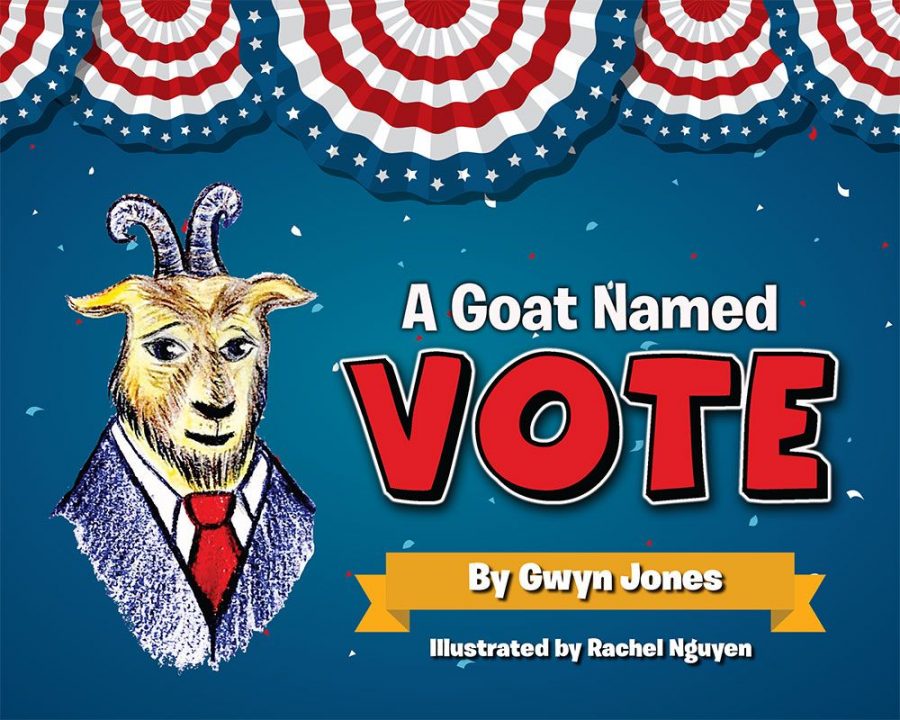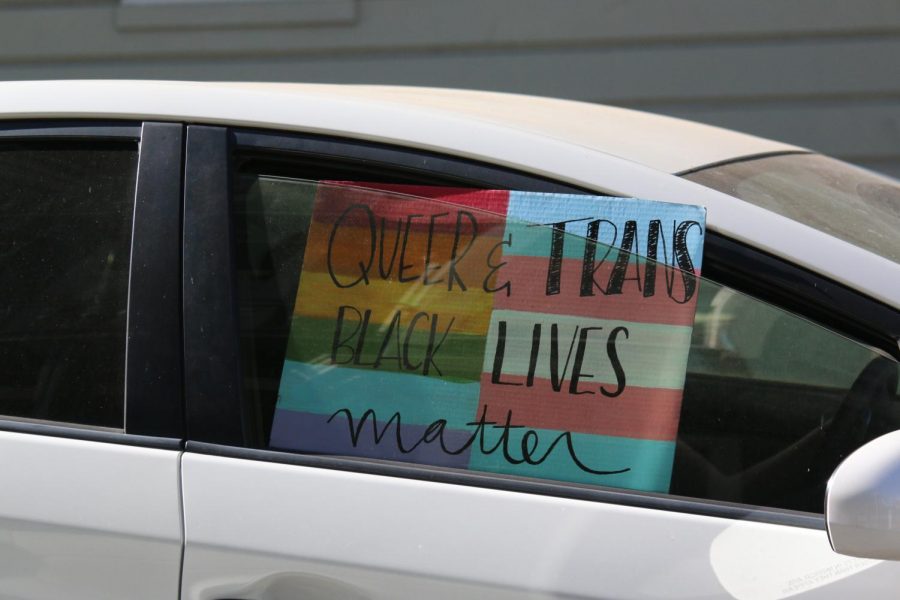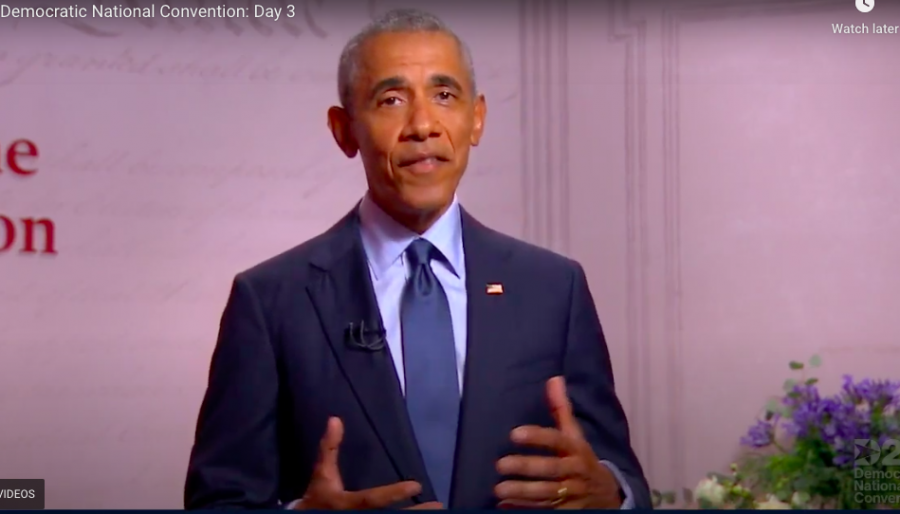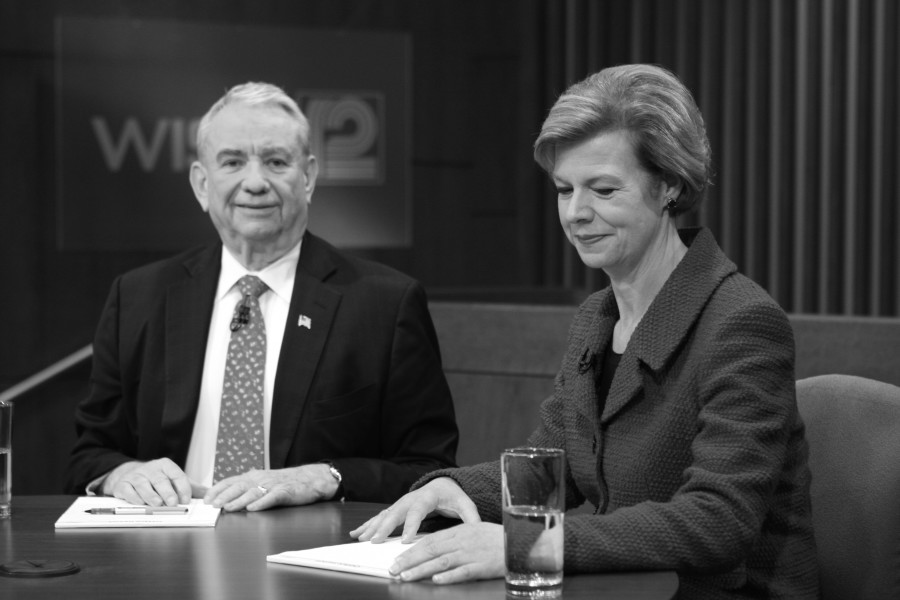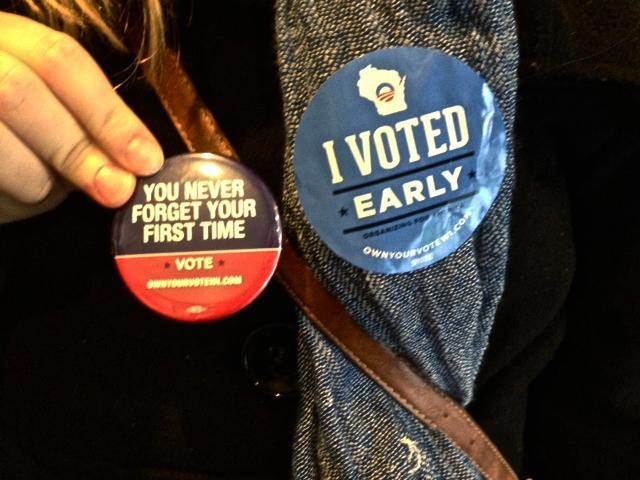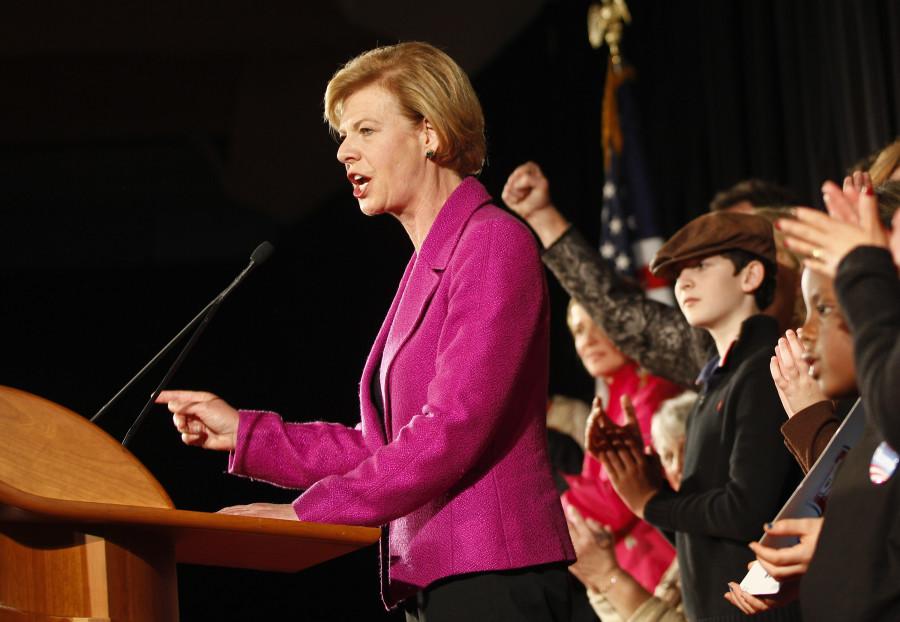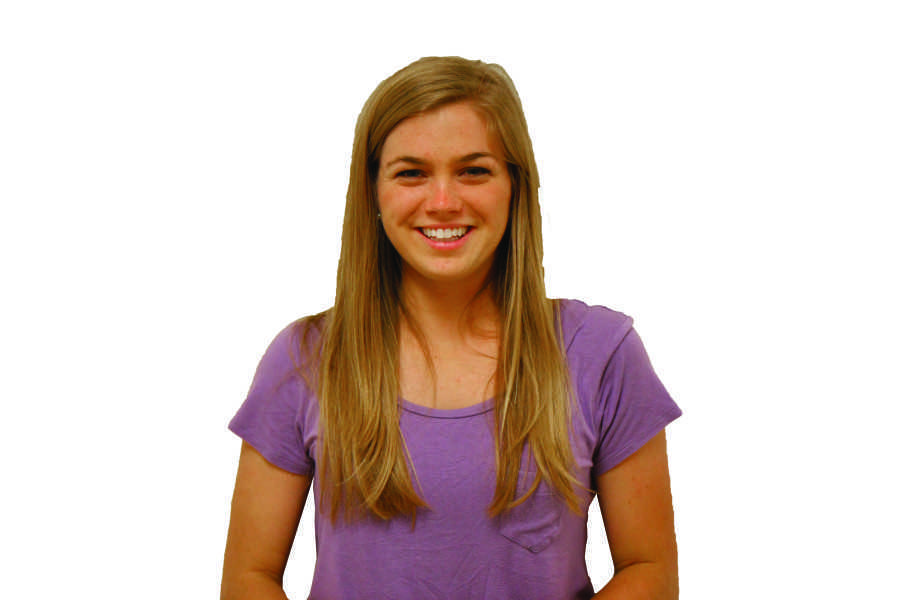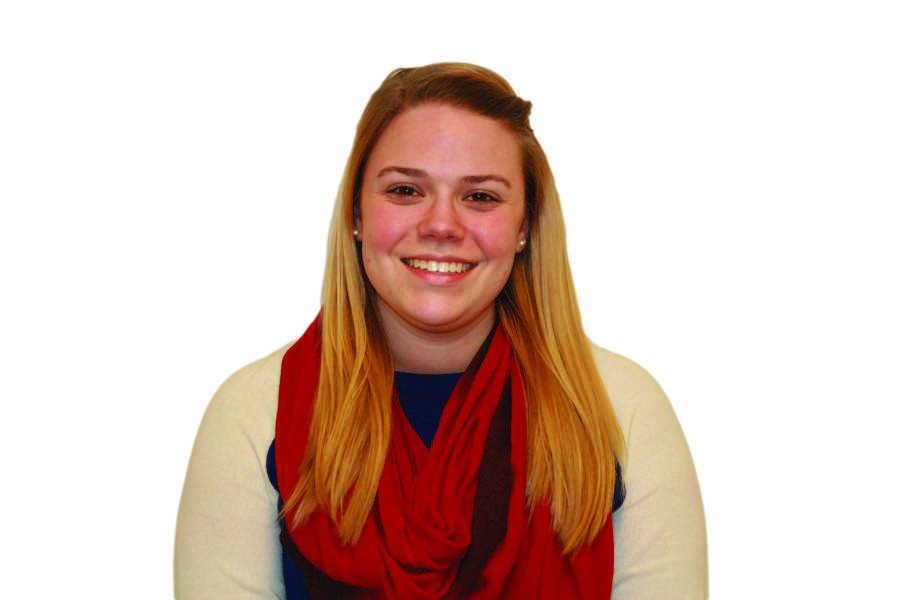As the 2012 presidential debates begin this Wednesday, the candidates are taking advantage of networking websites such as Twitter, Facebook and even Reddit to engage the online community. While President Obama, sometimes referred to as the “Facebook president,” used social media in his 2008 campaign, this election season has seen an increased social media presence from both sides of the aisle.
According to a Pew Research Center tracking survey, in the past two years alone, Twitter users from ages 18-24 have almost doubled in population. The number of users rose from 16 percent of 18-24 year olds to 31 percent, giving it the biggest jump in popularity of any social media site. Politicians have adopted social media accounts in order to stay up-to-date with students and young adults who are increasingly using Twitter and Facebook to get political news.
As of Monday, Obama’s Twitter account @BarackObama has tweeted 6,338 times to more than 20 million followers, and Mitt Romney’s account has tweeted 1,184 times to more than one million. Both accounts have many student followers whom the campaigns recognize with occasional tweets addressing student concerns like loan funding.
The Obama campaign is active on nearly twice as many social media platforms as the Romney campaign, according to a new study by the Pew Research Center’s Project for Excellence in Journalism released in August. The report analyzed the volume and content of candidate communications on their websites and social media channels from June 4 to 17.
The usage gap between the campaigns was greatest on Twitter. The Romney campaign averaged one tweet per day while the Obama campaign averaged 29 tweets per day between the two Obama Twitter accounts, @BarackObama, the Twitter account associated with his presidency, and @Obama2012, the account associated with his campaign. Obama also had about twice as many blog posts on his campaign website than Romney and more than twice as many YouTube videos.
YouTube ads for both Obama and Romney have been a common tool used to reach potential voters, unlike the 2008 campaign in which social media was a tactic used primarily by the Democratic party. Candidates are reaching out to voters through social media because many young voters have increased social media use in the past two years.
The study also found that roughly a third of the posts from the Romney campaign were about Obama and 14 percent of Obama’s posts focused on Romney during the period studied.
There is still a disconnect between 18-24 year old Twitter users and politicians, despite the easy access students have to the campaigns. According to a CampusLIVE survey conducted this January, the top five most followed people on Twitter by college students are all celebrities. The study also concluded most students follow popular companies, such as Facebook, Apple, Nike and Forever 21, as opposed to political figures or news outlets.
At a discussion panel Monday hosted by the College of Communication and the Les Aspin Center for Government titled, “Media Coverage Modern of Campaigns: Biased, Balanced, or Broken?,” CBS national correspondent and Marquette alumnus Ben Tracy talked about the connection between why people might be less informed about elections and where they get political information from.
“It’s a struggle between what we need to know versus what we want to know,” he said.
Because social media provides a direct connection between users and campaigns, its usage for political purposes has generally been seen as a positive thing for students, and in most cases, it connects people directly to candidates by acting as a news feed without the need for other mediums.
Websites like Twitter and Facebook also allow students to contribute to the election directly. Many students frequently post political opinions, rants, cartoons, worries, praises and pictures. Some Marquette students live-tweet political events, such as Ann Romney’s event at Marquette and Obama’s rally at the Summerfest Grounds. Students can also donate to campaigns and receive voting information online via social media.
Despite the ability social media has to connect students with politics, College of Communication sophomore Emma Gotter believes there is a danger to social media that is often overlooked. Gotter works as an assistant at Marquette Digital Media Studio.
“Social media can be dangerous during elections because it is ultimately more opinion-based instead of factual,” Gotter said. “Anything political that you find on social media sites is going to be swayed by political biases.”

